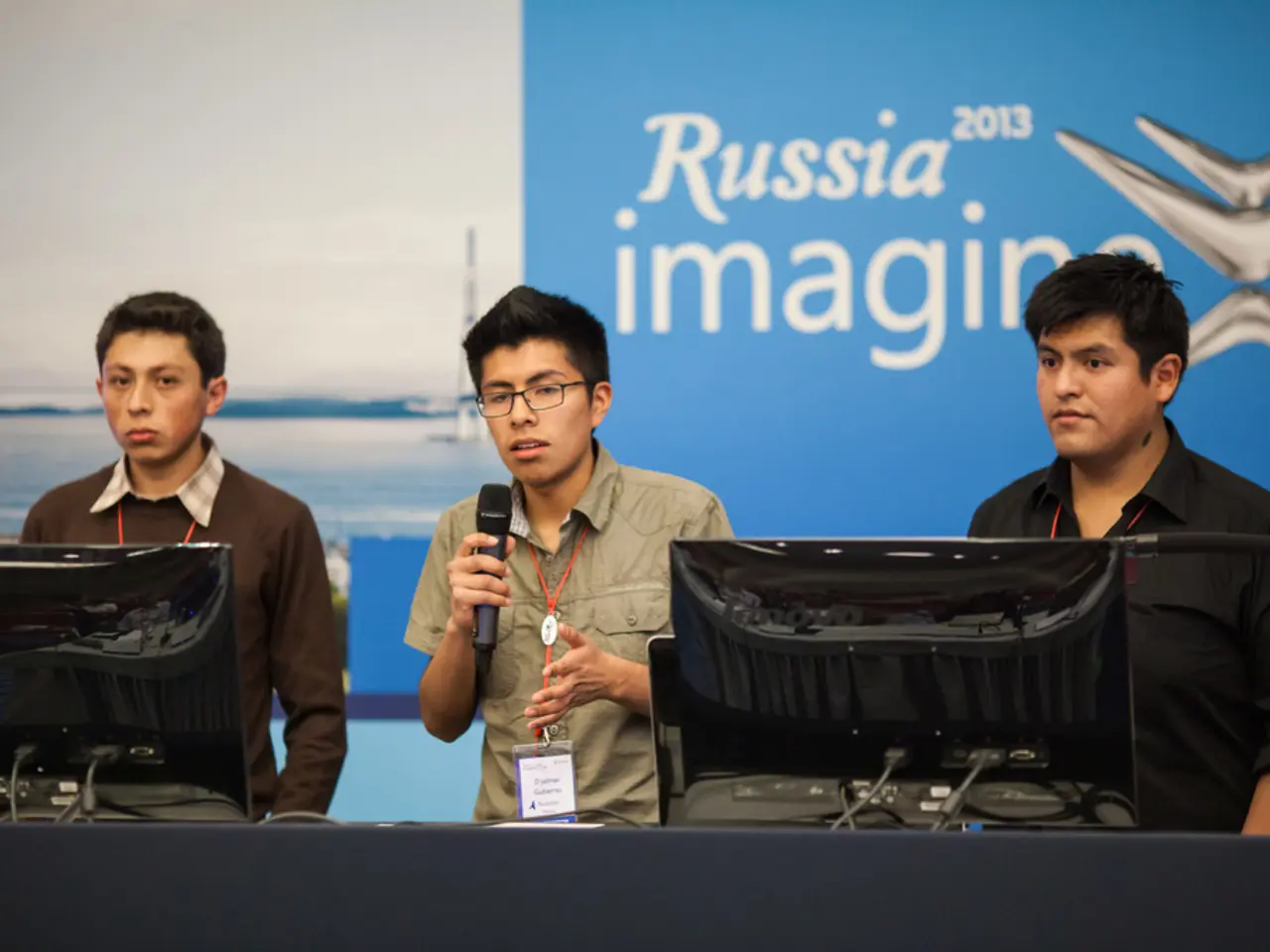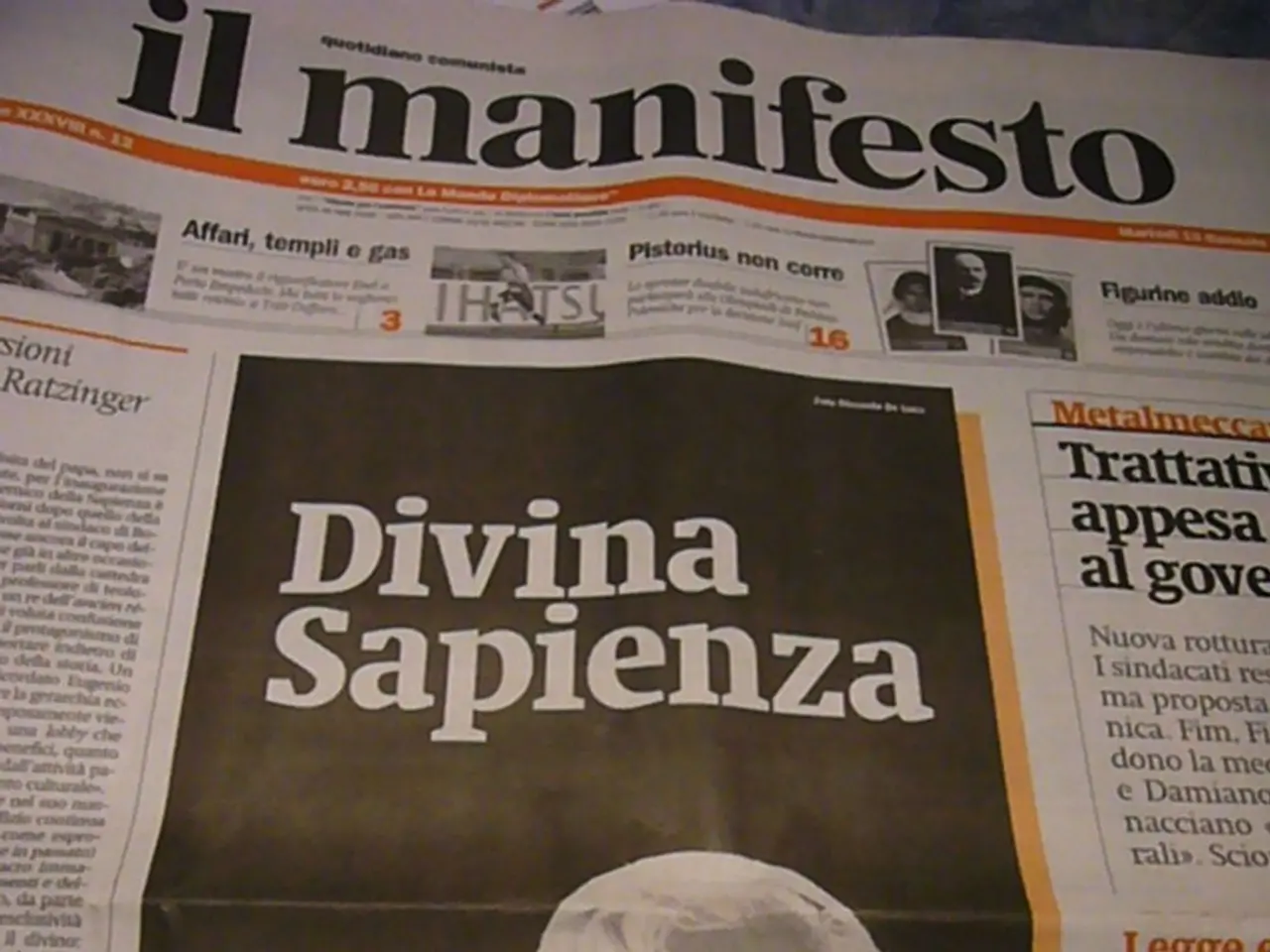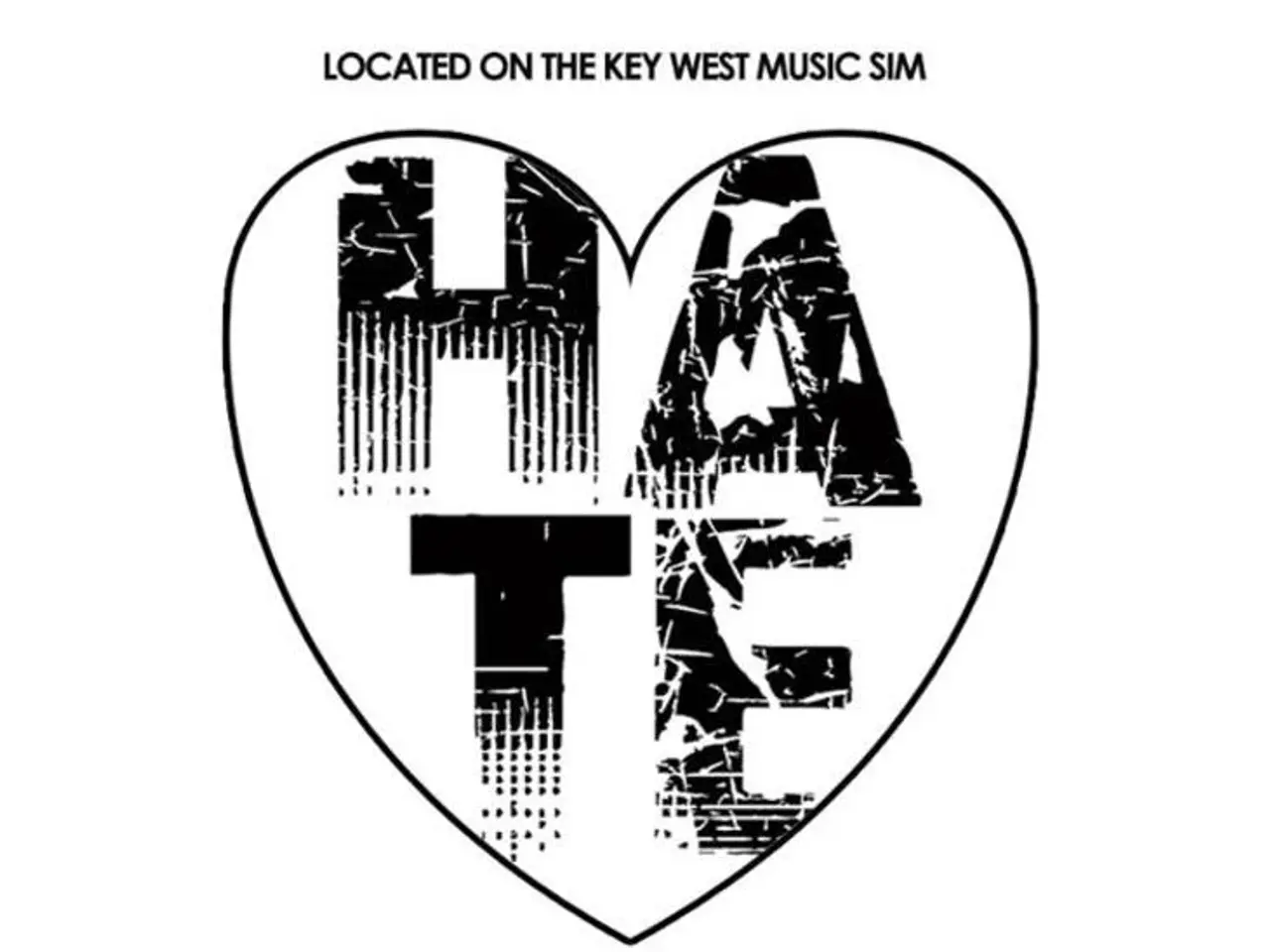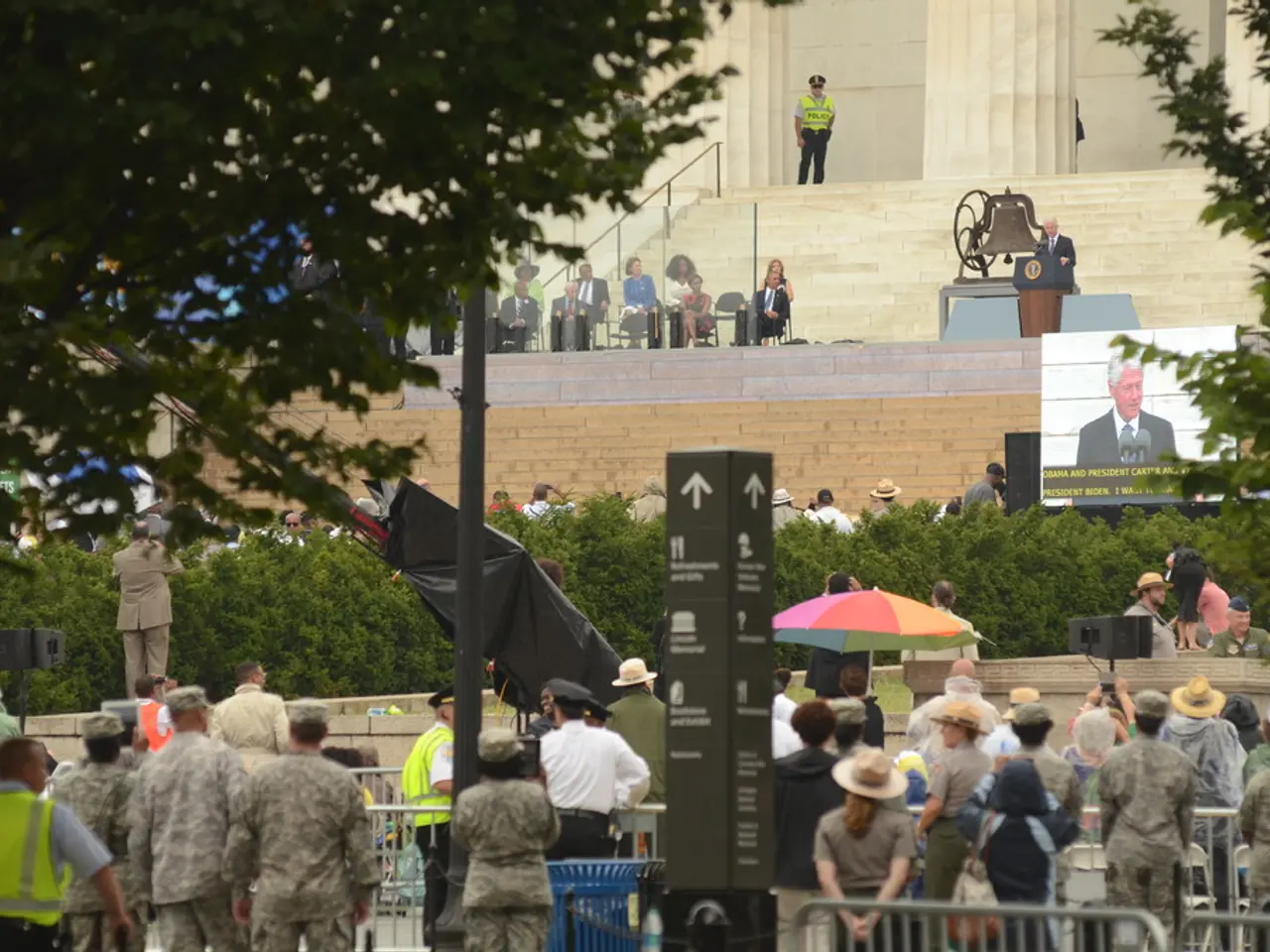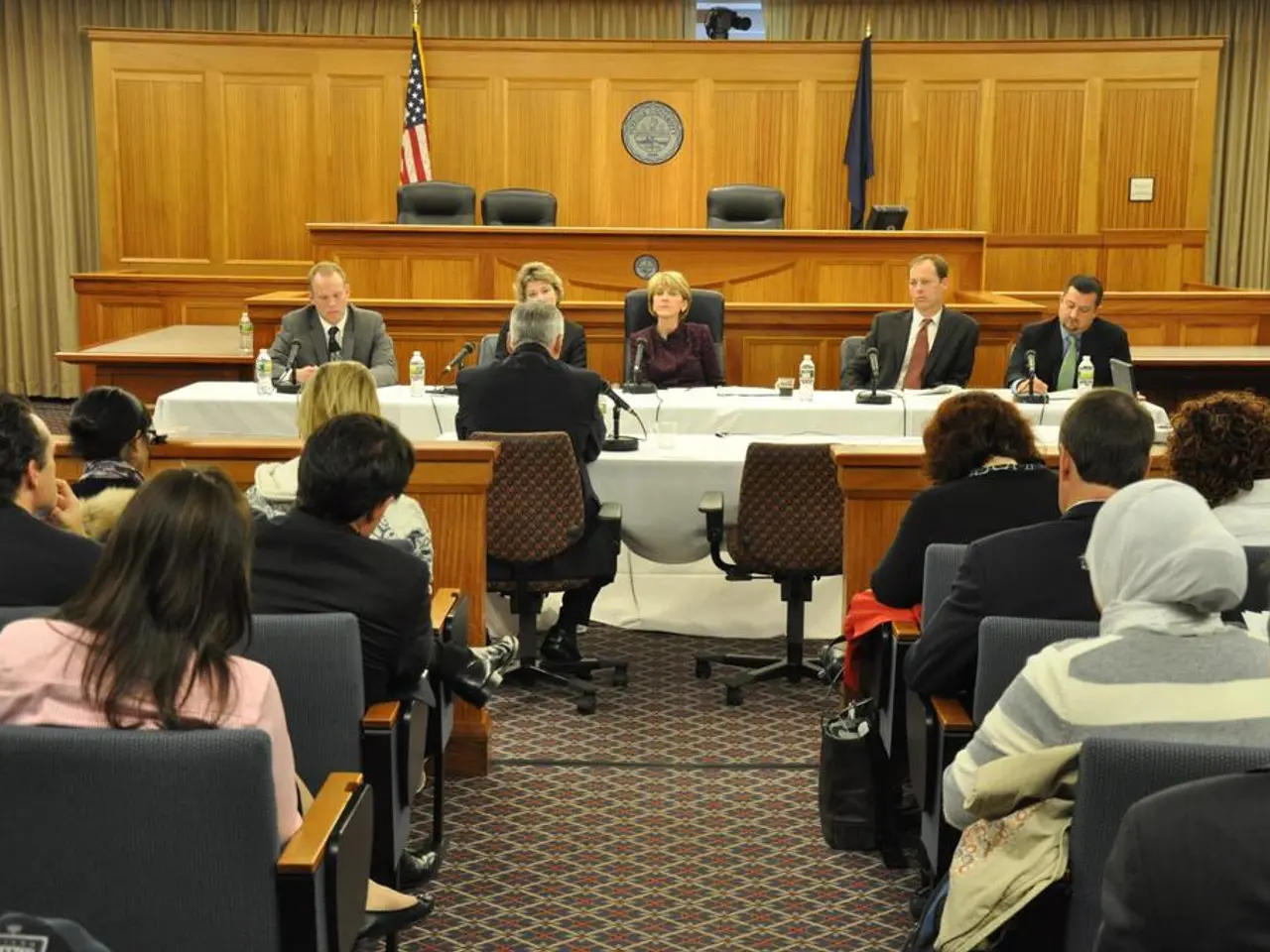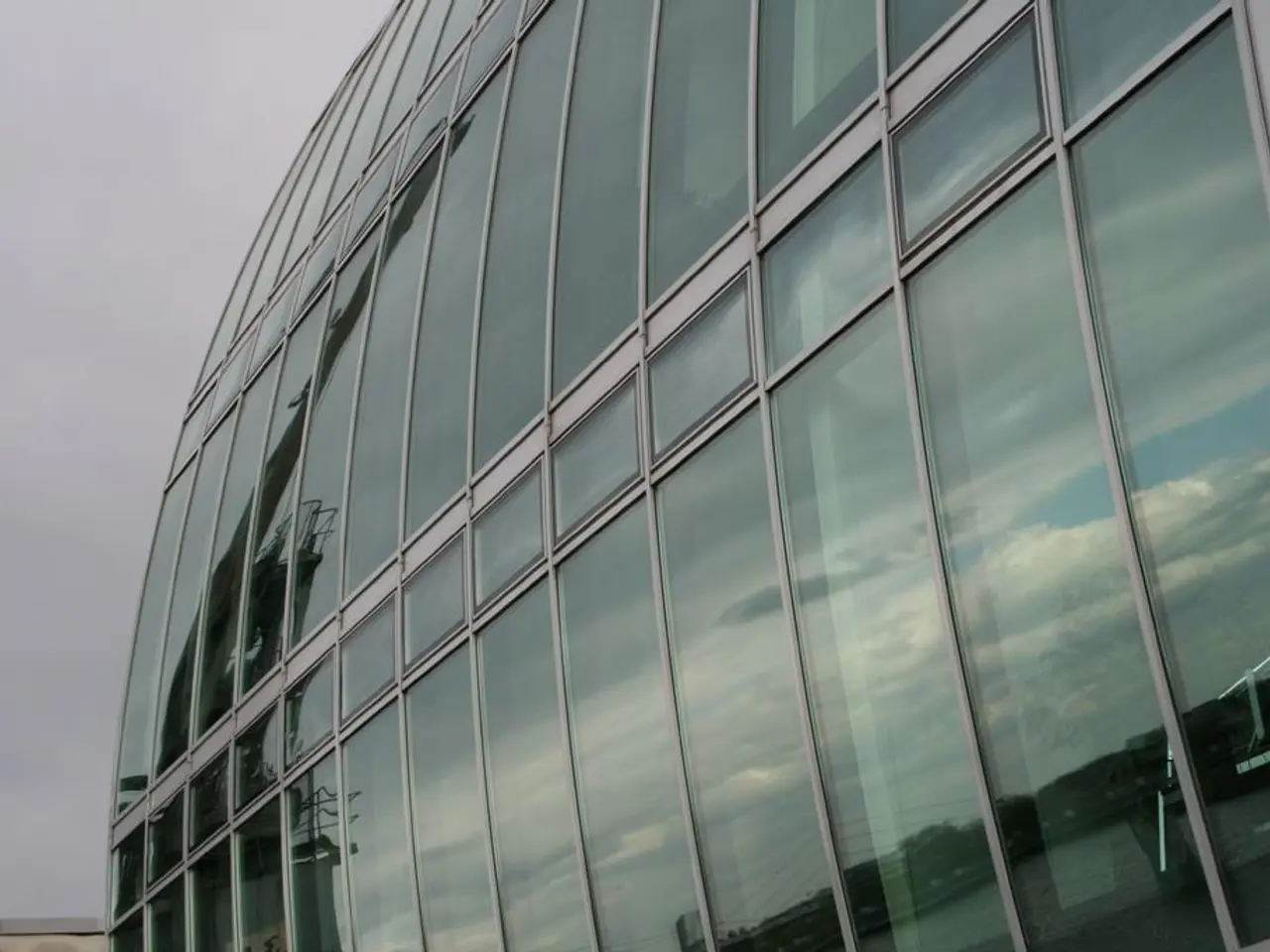International Leadership's Perspective: Conflict in Ukraine and Middle East Differ in Nature
Moscow -- Calling a spade a spade, Russia's leadership is vocal about its disapproval of Israel's recent offensive against Iran, yet justifies its invasion of Ukraine without a second thought. Dmitri Peskov, Kremlin's spokesperson, regards Israel's strikes as unprovoked, while the allegedly unprovoked invasion of Ukraine finds a different story.
Expressing its disdain for Israel's actions, Russia perceives the Middle Eastern nation's attacks as an unwarranted aggressive move that stirs up instability. Moscow's foreign ministry has gone so far as to slam Israel's actions, labeling them unjustified aggression against a sovereign state.
Russia's stance on this matter is consistent with its goal of keeping a tight grip on the Middle East, supporting Iran as a counterbalance to U.S. and Western influence. Russia fears a weakened Iran could dent its geopolitical standing. A prolonged conflict that creates regional tension and energy market uncertainty, but doesn't escalate to all-out war, is advantageous for Russia, as it benefits economically from higher oil prices.
In stark contrast, Russia justifies its invasion of Ukraine under the guise of national security concerns. It contends that the smaller and militarily weaker Ukraine should not be permitted to join NATO. Moreover, the Kremlin postures as a shield for the Russian-speaking minority in Ukraine, whom it claims are being oppressed. The sudden attack on February 24, 2022, occurred unexpectedly, following several days of denials from the Kremlin regarding invasion plans.
While Russia condemns Israel's initiative in Iran, it defends its own actions in Ukraine by framing them as a measured response to perceived threats from the West. This narrative is aimed at garnering international support and approval, operatively posing as a protective force against Western aggression, rather than an aggressor.
In a nutshell, Russia's public disapproval of Israel's action against Iran is merely a ploy to safeguard its strategic position and allies in the Middle East. Simultaneously, Russia generates a narrative of defensive necessity to justify its invasion of Ukraine, which is perceived as protection against Western threats. This duplicitous approach is engineered to further Moscow's overarching goal -- challenging and undermining Western influence globally.
Sources:[1] The Economist – Oil's rise: War in Ukraine
[2] Council on Foreign Relations – Since Ukraine’s Protests, Russia Has Reemerged as a Global Player
[3] Russia Today – Moscow slams Western ‘slander’ after claims of invasion plans
- Russia's foreign ministry has criticized Israel's actions in Iran, labeling them unjustified aggression against a sovereign state, while its invasion of Ukraine is justified under the guise of national security concerns.
- In contrast to its disapproval of Israel's actions in Iran, Russia generates a narrative of defensive necessity to justify its invasion of Ukraine, which claims to protect against Western threats.
